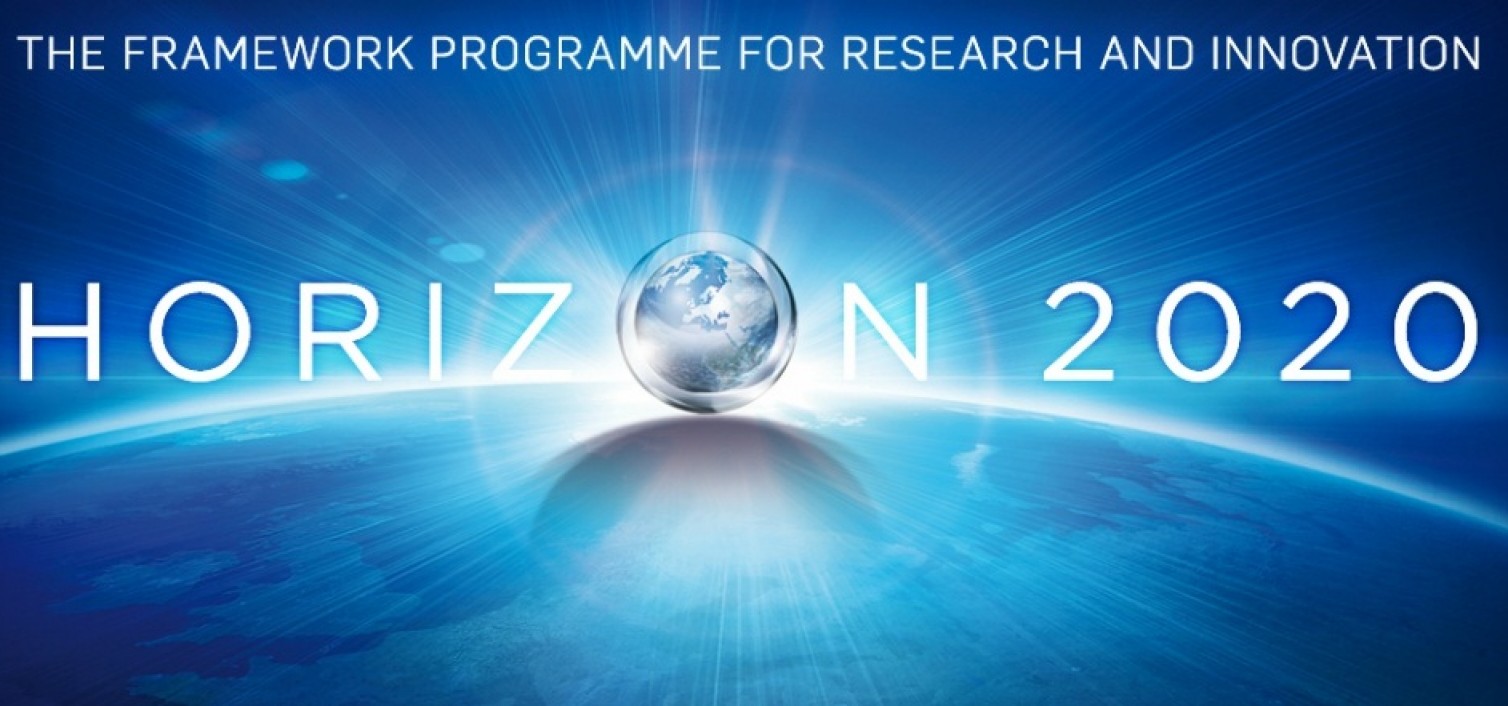Specific Challenge:
There is a need to set up innovative financing schemes at regional or national level in order to create the conditions for adequate supply of private finance for energy efficiency investments. Innovative financing schemes for energy efficiency aim to progressively maximise the leverage ratio of public funds to private finance. This is in line with the “Smart Finance for Smart Buildings” initiative that aims at using public funds more effectively.

Scope:
Proposals should address the development or replication and implementation of innovative financing schemes for energy efficiency investments. They can involve different types of organisations, ownership structures and financing models such as dedicated credit lines; guarantee facilities; factoring/forfaiting schemes; on-bill (e.g. utility-financed) or on-tax financing schemes; citizen financing (e.g. crowd-funding) for energy efficiency; finance models for the deep renovation of buildings, addressing both property and rental markets; finance models for different industry sectors and cross-sectorial initiatives; financing solutions integrating existing market-based instruments relevant for energy efficiency (e.g. carbon finance instruments, including those under the European Emissions Trading System; energy efficiency obligations, including white certificates; etc.); or schemes based on project aggregators or clearing houses at regional or national level, which should support project development and match demand and supply of energy efficiency finance. These schemes should address the provision of finance as well as the structuring of demand, in particular at regional/national level, and target specific areas (e.g. energy-intensive industries, buildings etc.). Proposals should justify how the proposed schemes complement already available funding and how they are tailored and innovative for the targeted regions and market segments; as well as clearly demonstrate the market potential, as well as business case and financial viability of the scheme (including investment sizes targeted, expected savings, transaction and management costs, expected returns etc.).
Proposals should address one or more of the following points:
- Establishment of new innovative, operational financing schemes;
- Replication of previously successful solutions e.g. developed and implemented under various project development assistance (PDA) facilities under the Horizon 2020 and Intelligent Energy Europe programmes (including MLEI PDA or ELENA);
- Establishment of regional/national aggregators which are able to develop large (standardized) project pipelines;
- Creation of EU or regional/national energy efficiency investment roundtables/platforms to organise dialogue with and between the relevant stakeholders and (among others) develop roadmaps, propose improvements in the legal frameworks and develop and validate template documents and contracts leading to a better understanding of the market. Proposals should include a clear action plan to communicate across Europe towards potential replicators.
The Commission considers that proposals requesting a contribution from the EU of between EUR 1 and 1.5 million would allow this specific challenge to be addressed appropriately. Nonetheless, this does not preclude submission and selection of proposals requesting other amounts.
Expected Impact:
Proposals are expected to demonstrate, depending on the scope addressed, the impacts listed below, using quantified indicators and targets wherever possible:
- Primary energy savings triggered by the project (in GWh/year);
- Investments in sustainable energy triggered by the project (in million Euro);
- Delivery of innovative financing schemes that are operational and ready to finance energy efficiency investments;
- Regional/national aggregators with demonstrated/traceable capacity to set up large-scale pipeline of (standardized) sustainable energy investments (in terms of number of and/or amount of investment);
- EU or regional/national energy efficiency investment roundtables/platforms providing a comprehensive range of support and/or services to facilitate access to energy efficiency finance.
Additional positive effects can be quantified and reported when relevant and wherever possible:
- Reduction of the greenhouse gases emissions (in tCO2-eq/year) and/or air pollutants (in kg/year) triggered by the project.
| Types of action: | CSA Coordination and support action | ||
| DeadlineModel: Opening date: |
single-stage 25 January 2018 |
Deadline: | 04 September 2018 |
Source: Horizon 2020 – The European Commission